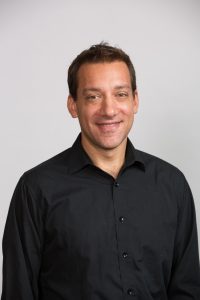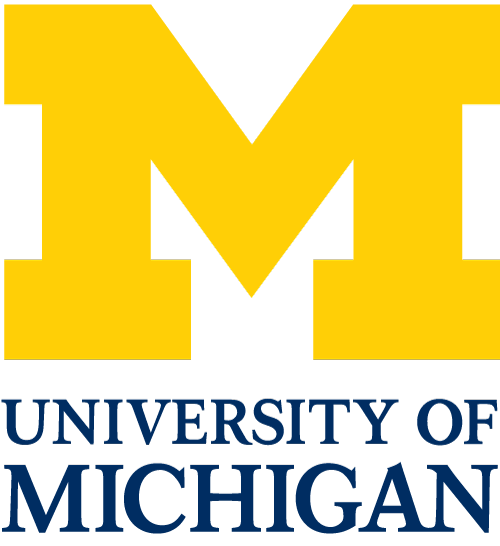Joshua Miller is a professor in the University of Michigan’s English department. This semester I know he is teaching English 362, a course on 21st century U.S. novels, but I had the opportunity to learn more about how his background in English led him to where he is today, as well as other fun tidbits about him.

9/11/12 English Department staff headshots Day 2.
How did you start on the English path? Why English?
From high school on I wanted to be a journalist. I tried out a number of different kinds (radio and print, long-form and short, opinion and reporting), because I felt that it was a way to make writing vitally and immediately connected to political thought, activism, and social change. I talked with a few professional journalists I admired, and they were universally discouraging about the future of their profession. (They couldn’t have foreseen then how the relevance of digital journalism would reemerge, and, I’m both envious of and concerned for journalists today.) Literature was always a parallel interest for me, and I still have many of the same interests in fiction and journalism. What I loved and found frustrating about journalism was the pace. Everything had to be written immediately and so depth and nuance were hard to prioritize. One thing I appreciate about literary studies is how we value the precision and clarity that require research and expertise, although they require a great deal of time (for me, at least).
Are there any current projects you’re working on?
Several, unfortunately! I’m finishing a book on US migrant novels in the first half of the twentieth century. I’m fascinated by the ways migrants innovatively narrated the experience of removing themselves from one language/nation/culture and rediscovering or reinventing themselves in another (and, frequently, to another and perhaps another). I’m also researching another project on photography and contemporary fiction from the 1960s to the present as well as editing the Cambridge Companion to 21st Century American Fiction, which I hope will be out later this year.
What are some influential books/authors that you’d recommend?
We are living through scary and strange times, but we’re also in the midst of an extraordinary boom in fiction. It’s hard to choose just a few, but I’d recommend the most recent novels of Tommy Orange, Ruth Ozeki, and Colson Whitehead as well as everything by N.K. Jemisin, Jonathan Lethem, Valeria Luiselli, China Miéville, and all of Toni Morrison’s novels from Paradise onward. Her passing this year led me to reflect again on her career, and I’ll be re-reading all of her works for a long time to come.
Who is the most overrated author/book (in your opinion)?
Yikes, that’s a tough one. Pass.
What are some of your writing pet peeves (academic or leisure reading)?
I don’t have a lot of peeves, but I’ll own up to a minor obsession with tracking passive constructions. The incentive for avoiding them was made clear to me in a brilliant writing course I took as an undergrad, and that lesson really stuck with me.
If you were a UM student, what’s an English course that you’d take?
Every freaking single one of them – seriously, when I attend our Pizza & Profs events and hear what my colleagues are teaching, I want to drop everything I’m doing and take their courses. If I could, I’d start my education all over again.
Dream course to teach?
This will sound absurd, but I’m living the dream. I’m co-teaching a course right now that has been my dream course for a long time: “James Baldwin in the Time of Black Lives Matter.” I’m very fortunate to be able to teach my other dream courses, on 21st-century US fiction and on the intertwined histories of photography and literature.
If you hadn’t pursued English, what do you think you would be doing?
Definitely journalism of one kind or another, either radio (and/or a podcast) or photojournalism.
Lastly, what is your favorite thing about being a part of UM’s English department?
I love teaching in our department. We have a great deal of freedom to develop courses that are meaningful to us and that advance our students’ knowledge and hone critical skills. I’m always knocked out by learning what alums of our department are doing. I have former students who are off pursuing incredibly interesting professions, and it’s fun to hear that English Department courses have played a role in helping them reach their professional aspirations.

